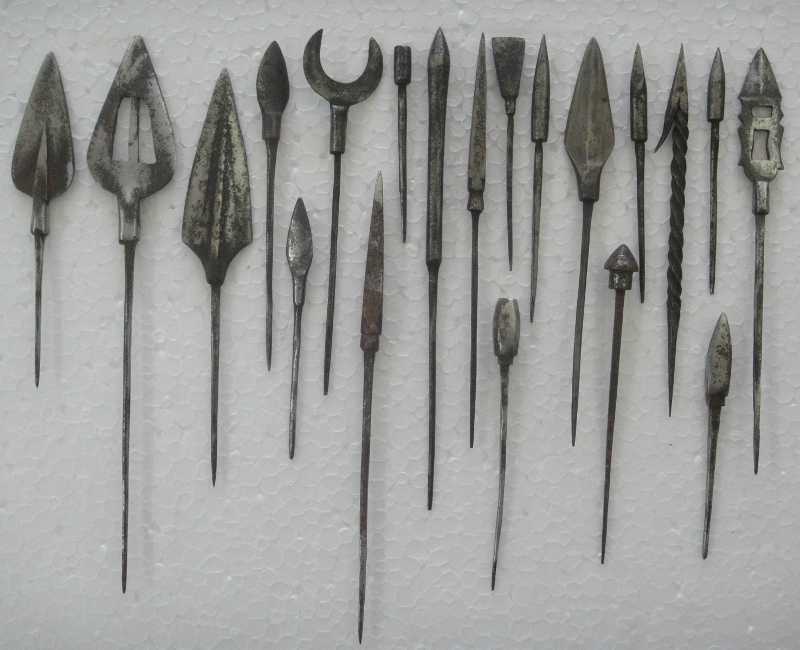FWP:
SETS == MUSHAIRAH; REPETITION
The elegant structure of the first line would have made for a delightful mushairah verse. While declining to tell us what it is talking about, the line describes whatever it is in terms of a flat-out, in-your-face logical impossibility, or paradox. We are left with that riddle to mull over-- what is it, and how can it do two opposite things at once? Under mushairah performance conditions, we would have to wait as long as could conveniently be managed, for the answer to what is really a kind of riddle.
And by the time we get the answer, we have been able to savor the fluent complexity-in-simplicity of the first line, and perhaps to guess the general direction in which he's planning to take us. But Ghalib would never do anything so commonplace as to say, 'I mean, of course, the arrow that you shot into my heart'. He does it by implication: he knows we will understand, so he says only, 'the head of your arrow is dear'. (Compare {6,9x}, in which the arrowhead seems actually to replace the lover's heart.)
Such simple lines, words of (almost literally) one syllable,
full of flowingness, full
of a sense of unforced, unpretentious affection. It's a lovely little verse; it resolves a simple but sophisticated riddle into a simple but
sophisticated mood of
love.

Nazm:
The head of your arrow, which had gone deep into the heart, emerged from it, but it didn't emerge; that is, love for it still remains. (70)
== Nazm page 70